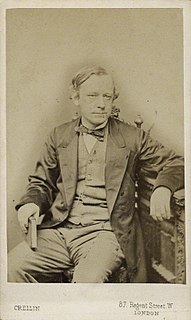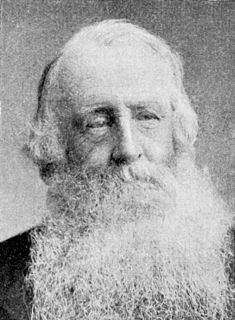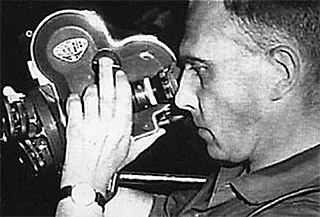A Quote by John Robert Seeley
Politics are vulgar when they are not liberalised by history, and history fades into mere literature when it loses sight of its relation to practical politics.
Related Quotes
Of course, in the reality of history, the Machiavellian view which glorifies the principle of violence has been able to dominate.Not the compromising conciliatory politics of humaneness, not the Erasmian, but rather the politics of vested power which firmly exploits every opportunity, politics in the sense of the "Principe," has determined the development of European history ever since.
The fact that you couldn't see Alfred Hitchcock's first film The Mountain Eagle, or that you couldn't see so many of F.W. Murnau's masterpieces, or that you couldn't see so many of Oscar Micheaux's really intriguing race melodramas, made with fierce independent spirit against all odds in '20s and '30s America. That stuff haunted me. They really did bring to life a sense of 20th Century history: cultural history, pop history, gender politics and race politics, socio economic history, all that stuff. It was bracing and instructive.
I think part of the thing that is important to me, and is important to Labour supporters, is that the fight goes on. The fight goes on in relation to this budget, in relation to Europe, and in a way, the history of progressive politics is that there are setbacks - significant setbacks - and you have to overcome that. But obviously it's tough.



































